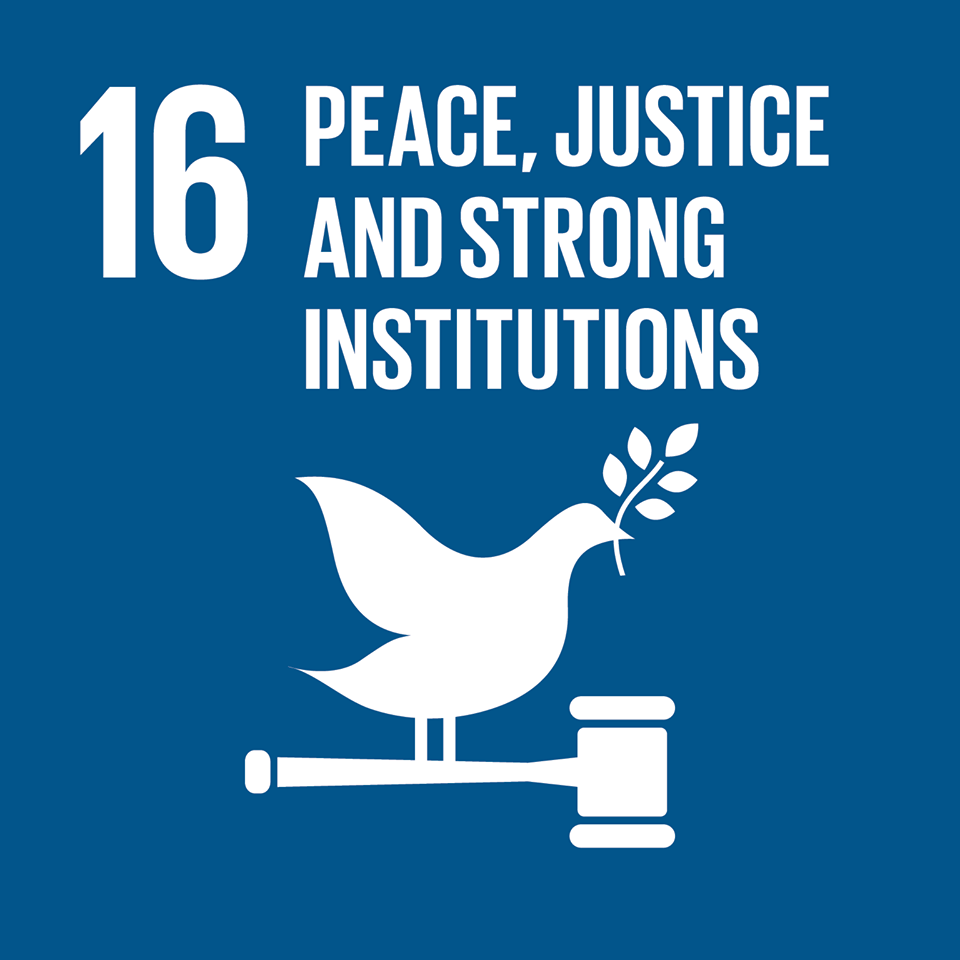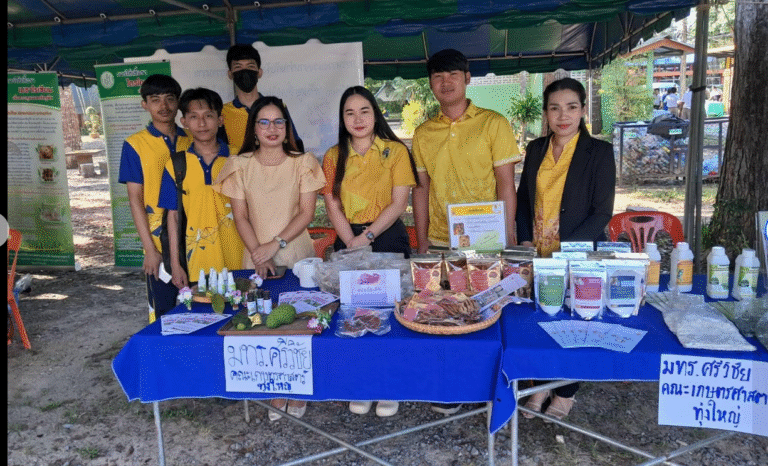Reporters: Asst.Prof.Dr.Arrisa Sopajarn, Asst.Prof.Chaiya Thanaphatsiri, Asst.Prof.Supitchaya Boonkuer, Naruemon Saengduangkhae, Piriya Soikaew
Evidence Date: January 29, 2024
Related Indicators: Indicator 16.2.3
Details: Supporting details and pictures
On January 29, 2024, the Research and Development Institute of Rajamangala University of Technology Srivijaya (RMUTSV) organized the project titled “Developing Collaborative Research Topics with Entrepreneurs to Enhance Competitiveness.”
The event was inaugurated by Asst. Prof. Kosin Phattanmanee, Vice President of Trang Campus, and featured a special lecture by Assoc. Prof. Dr. Chutinuch Sujitt, Deputy Director for Academic Affairs and Technology Transfer, on “The Direction for Driving RMUTSV’s Research and Innovation Strategy.”
The program included a panel discussion on “Identifying Local Issues to Find Research Topics,” moderated by Asst. Prof. Dr. Papassakorn Areekul, with the participation of nine local entrepreneurs representing major business sectors in Trang and nearby provinces:
- Thai Para Rubber Wood Business Association
- Lanta Island Tourism Business Association
- Krabi Community-Based Tourism Association
- Libong Tourism & Koh Rok Camping
- Jarawee Tour Company
- Asian Palm Oil Co., Ltd. (Public Company Limited)
- Kachong Hill Resort
- Sudtalay Kantang
- Siam General Technology Co., Ltd.
During the afternoon session, participants joined a workshop to brainstorm collaborative research topics aligned with local economic and environmental contexts and Thailand’s national development priorities.
Over 50 researchers from local universities and institutions attended the event, which resulted in new partnerships and research directions aimed at enhancing regional competitiveness through innovation.




- Strengthened regional research and innovation network between RMUTSV and local enterprises.
- Created research collaboration pipelines focusing on agro-industry, sustainable tourism, and technology innovation.
- Promoted local competitiveness and inclusive economic growth aligned with Thailand’s Bio-Circular-Green (BCG) Economy Model.

The accurate and grammatically correct English translation is:
On January 18-19, 2024, the Agricultural Technology and Innovation Management Institute (iT-M), in collaboration with Rajamangala University of Technology Srivijaya (RMUTSV), organized a practical training workshop titled “Upgrading Textile Products in the Southern Region: Na Muen Sri Woven Cloth Community Enterprise.”
The workshop was held for 31 members of the Na Muen Sri Woven Cloth Community Enterprise in Na Muen Sri Subdistrict, Nayong District, Trang Province. The aim was for members to develop new skills and apply scientific knowledge, technology, and innovation to enhance production efficiency, create added value, and develop the quality of their textile products to meet market demands.
The event featured Associate Professor Dr. Mahamasuhaimee Mas-sae from RMUTSV, an expert in engineering materials and textiles, along with Mrs. Darunee Phutapthim and Mr. Prawit Phutapthim, natural dye masters from the Darunee Natural Dye Group in Ron Phibun District, Nakhon Si Thammarat Province. They provided knowledge on dyeing silk threads using natural dyes derived from mahogany bark and lac, and on utilizing various mordants (dye assistants) such as tamarind pulp, alum, ash water, lime water, and sugar-fermented mud, among others.
Furthermore, iT-M promoted the use of ENZease enzyme technology. Dr. Kanok Wongrattapanya, a Postdoctoral Researcher, and Ms. Paweena Thongkred, a Research Assistant from the National Center for Genetic Engineering and Biotechnology (BIOTEC), NSTDA, served as speakers. They provided instruction on using the enzyme in a single-step process to prepare cotton and silk fibers by removing impurities (starch, wax, sericin) from the fibers. Participants learned and practiced the application of this enzyme technology, which improves the fibers’ absorption of water and natural dyes, and prepared quality fibers before dyeing, including the extraction of natural dyes from local materials, dyeing techniques, and the use of various mordants to achieve a diversity of shades.
The knowledge gained from this activity will help create unique woven cloth products for Na Muen Sri Subdistrict. The group is currently in the process of applying for GI certification (Geographical Indication), which will further increase the value and elevate the quality textile products to be more widely recognized.
The Trang Sericulture Promotion Unit of the Department of Sericulture, Trang Province, also participated in the knowledge exchange with the speakers and group members, and will serve as a mentor to provide advice and further disseminate the use of this technology in the area.


Related Links: https://www.nstda.or.th/agritec/training-hub-rmutsv-pepper/




